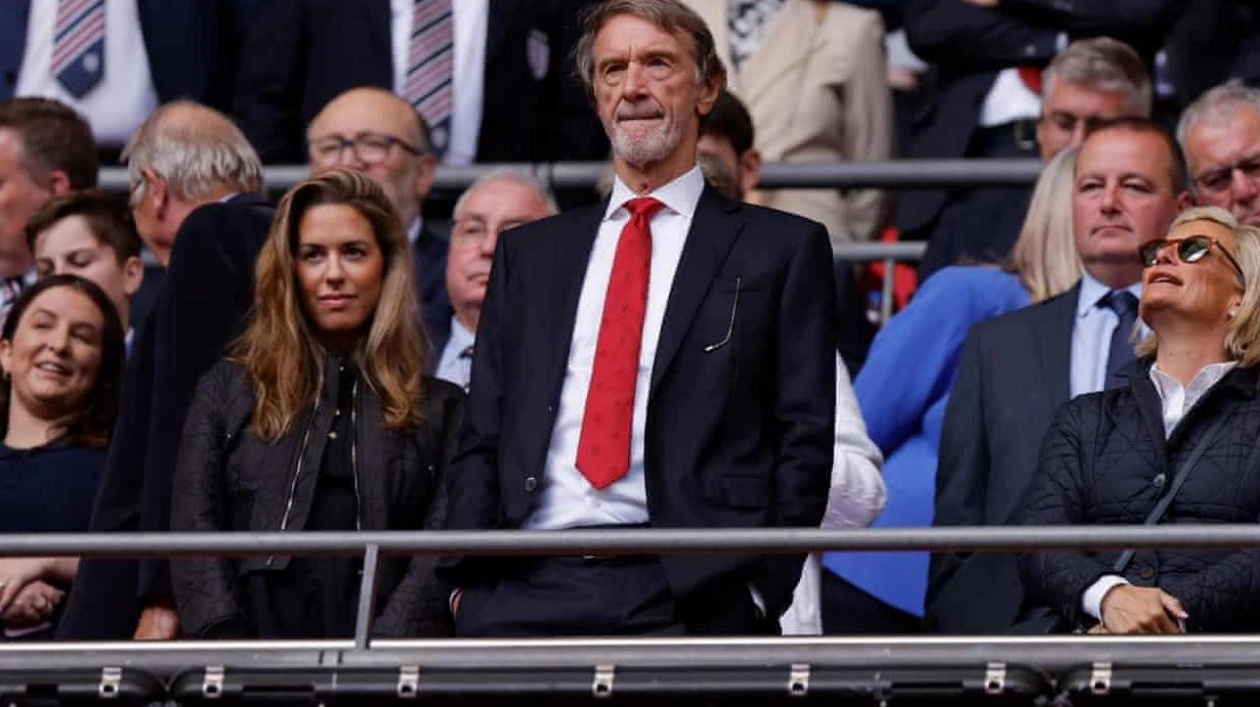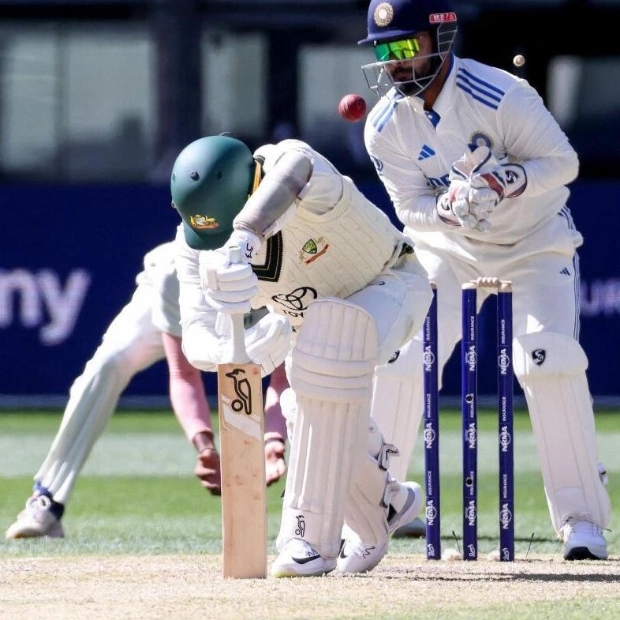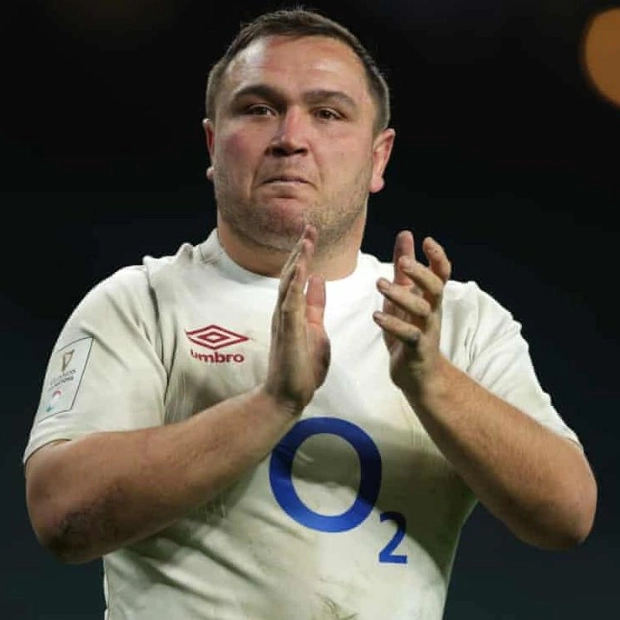In a move that was as predictable as it was overdue, Manchester United have finally mustered the resolve to act on a decision that was long in the making. They have dismissed Erik ten Hag, whose tenure ended in a series of dismal results, leaving him with little to complain about. However, the question that looms large for Sir Jim Ratcliffe's executive team is why this decision took so long, especially when they had the chance to make a clean break last summer.
United had already decided that Ten Hag's time was up even before last season's FA Cup final against Manchester City. The outcome of that match was not expected to alter their stance. The message was clear: even a 4-0 victory would not save the Dutchman. United had been in talks with multiple managers about taking over, and there was no denial when the story was put to them a day before the final. Yet, that conviction evaporated after the shock of beating City. The tone shifted, suggesting that Ten Hag might receive an unlikely reprieve, despite the fact that certain members of the Ineos structure were not exactly fans of the former Ajax manager. It was noted that Kieran McKenna's decision to stay at Ipswich after guiding them up from the Championship had a significant impact on United's plans.
They continued to explore other managerial options, with Ratcliffe meeting Thomas Tuchel in Monaco in June. "They've completely gone back on it," a source said when it emerged that Ten Hag was staying. "They were making the change." United faltered. It was evident that retaining Ten Hag was a poor choice, and it comes as no surprise that it took only four months for everything to unravel again. Some fans celebrated the manager's new deal, perhaps forgetting about the poor signings, the thrashings, the negative goal difference, the lack of a discernible playing style, and the early exit from the Champions League. What did they expect to change? And why were United swayed off course?
All they did was delay the inevitable. Anyone could see that Ten Hag's authority in the dressing room would be weakened; that the questions would resurface as soon as there was another bad run of results. United, however, chose to look the other way. There has been no improvement this season. If anything, they are even worse. The latest signings do not look promising, and the humiliations have continued. The defeats to Tottenham and Liverpool were indefensible, yet United dragged it out, floating through two international breaks, allowing England to snap up Tuchel. The impression is one of inertia. It is not a good look.
This reluctance to act seems to be ingrained in United's culture. Ed Woodward, the much-criticized former chief executive, allowed José Mourinho and Ole Gunnar Solskjær to cling on for too long, and Ineos has been similarly lenient with Ten Hag. The lesson is that more ruthlessness is required. The hope must be that this sacking marks a change in approach. United should not be waiting to hit rock bottom before deciding they need a new manager.
Perhaps there is something instructive about Ten Hag's fate being sealed by Michael Oliver's video assistant referee duties during United's defeat to West Ham on Sunday. United could easily have looked the other way, even after slipping to 14th place. They played beautifully during the first half at the London Stadium, creating chances at will, and it is harsh to blame Ten Hag for his attack's wastefulness. Equally, a serious team would not have lost that game. The decision for West Ham's winning penalty was a joke, but United make trouble for themselves. The weaknesses were evident even when they were on top. There were sloppy passes, the finishing was unfocused, and United were unable to respond to West Ham's half-time changes. They ran out of steam, and Ten Hag had little impact from the bench.
Manuel Ugarte, the latest player to be held up as the final piece of the jigsaw after his summer move from Paris St-Germain, did not come on even while West Ham were wresting control of midfield away from Casemiro and Christian Eriksen. Perhaps Oliver was doing United a favor when he advised David Coote, the referee, to check a potential penalty for what was nothing more than a coming together between Matthijs de Ligt and Danny Ings. The misfortune brought clarity. United are no longer kidding themselves. They are not using a poor VAR call as a shield. There is at least some kind of progress. The mistake was to see the win over City as something bigger, when it was a case of succeeding against an off-colour opponent thanks to a counter-punching, single-use gameplan that still relied on a lot of moments falling in their favor.
No more, though. United have come to the right conclusion after delving deeper into their malaise, ignoring Ten Hag's cries of injustice after losing to West Ham. It is a step in the right direction.
Source link: https://www.theguardian.com






